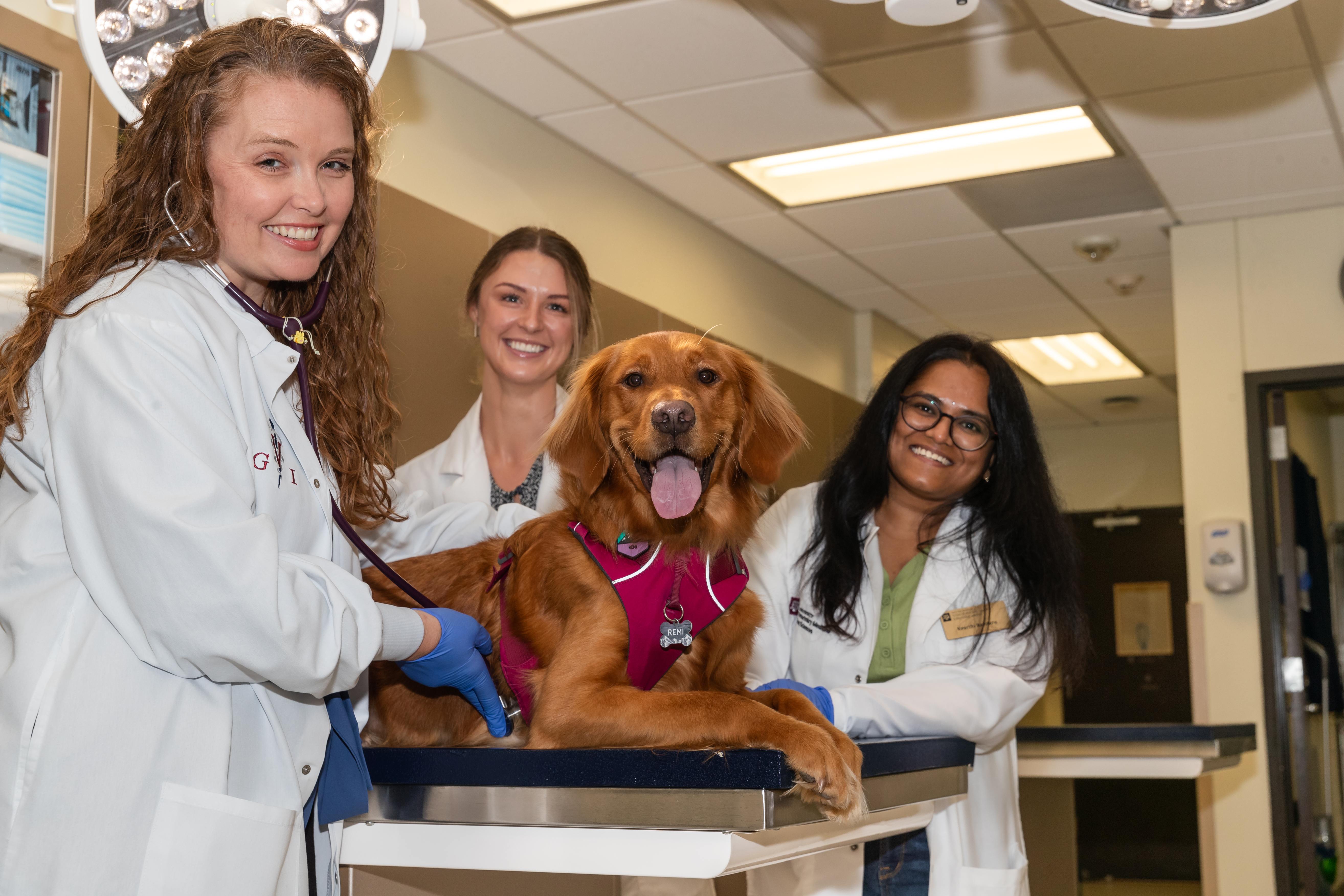Hello 👋
Welcome back to another edition of Weekend Rounds!
We can’t believe it’s already June. Like... what? Where in the world has the time gone? But I guess instead of contemplating the inevitable forward march of time we might as well do what we came here for and recap the week in vet med…
Here’s what we’ve got for you:
💸 Solutions to the Rising Cost of Pet Care
🧬 Veterinary innovations
🚀 Quick hits
💸
Understanding the rising cost of care
Yesterday, Today’s Veterinary Business published an opinion piece from Dr. Emily Tincher - an executive on the pet health team at Nationwide outlining some of the reasons for rising pet care and what we can do about it. We enjoyed her perspective and thought you might as well.
One thing that is front and center of mind for us is that the cost of everything is going up, so why would highly sophisticated medicine for multiple species be any different? But as Dr. Tincher outlines in more detail, she believes cost is being driven by four main factors:
Staffing costs: It’s a competitive labor market which has led to increased compensation
Changing economics: Practices that are now up against online pharmacies and telehealth providers are adjusting their pricing strategies or product offerings to compete more directly with these companies
Consumables and drugs: Supply chain disruptions, baseline inflation and price hikes are wreaking havoc on some of the more straightforward items whose costs are being passed on to clients
New technology and innovation: more sophisticated diagnostics and treatments come with higher price tags, and with the increase in advanced care options there is a tendency to drive up the cost of care while diminishing the availability of intermediate care options
So what can vets do about it? Dr. Tincher puts forward a few options:
Provide guidance on financial solutions: when clients look to you, for direction and recommendations be sure to give clear and financially sound advice such as pet insurance (remember, she works at Nationwide after all)
Adopt a spectrum-of-care approach: offer clients a range of evidence-based options — from basic to advanced — and always be judgment-free when decisions are made. While specialty care is likely to provide the best possible medical outcome, referral care is not always affordable or desired.
Consider different practice models: If you feel that your practice is not the best place to provide care (due to price or other reasons), understand the the other options within your community that you can point clients to. This could include low-cost or no-cost practices, diverting pets with minor injuries to urgent care or leveraging teletriage for simple questions.
One thing notably missing from this analysis as was partially discussed in news shared last week is the role or corporatization. However, Dr. Jeffrey Wichtel, dean of the Ontario Veterinary College, the institution at which Obi co-founder Ryan Appleby has his day job, said "I don't believe consolidation is making pet care more expensive." Rather, similar to Dr. Tincher, he points to inflation, rising rents and higher salaries as clinics compete for vets and staff as key issues. While there are benefits to corporatization, it is very hard to not see the through line connecting the need for profits to support large corporate entities and a rising cost of care.
🧬
Speaking of innovation
Well, if medical innovations are driving up the cost of care, there was no shortage of coverage on how the future of veterinary medicine is being shaped right now by emerging technologies. Here’s a quick round up and we encourage you to dive in deeper wherever you’re interested.
Veterinary Practice News showcased some new technologies from IDEXX such as fecal antigen testing and urine-based test that are allowing veterinary teams to provide care to more pets in a more efficient manner
Veterinary Practice News also published an article asking a very poignant and timely question: Will AI affect veterinary radiology? The AVMA sure thinks so:
And although AI technology is not good enough to replace a trained radiologist yet, it is clear that AI will affect the industry as we know it. The latest AI-powered Veterinary Diagnostic tool was announced this week in partnership with ATX Medical Solutions
Forbes published a recap this week of just some of the ways that the technology is rolling out across diagnostics,
workflow automation, digitalization, and predictive technologies.And perhaps the most fun - a 10 million dollar prize has been announced for the team of researchers that that can solve for “reliable interspecies communication” - aka talking to animals. The Coller Dolittle Challenge for Interspecies Two-Way Communication will also provide an annual prize of $100,000 to help researchers in the field.
🚀
Quick Hits
Here are some of the other stories that caught our eye and we're following this week from around the veterinary world and animal kingdom:
How did we do today?






